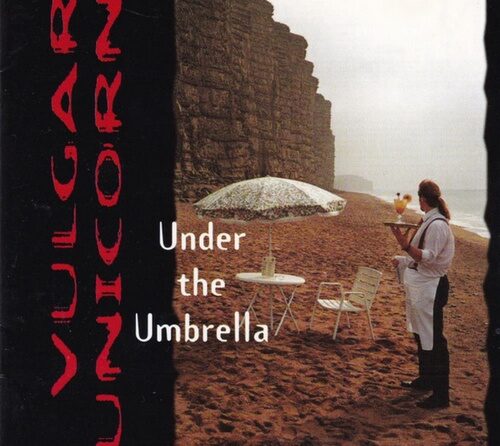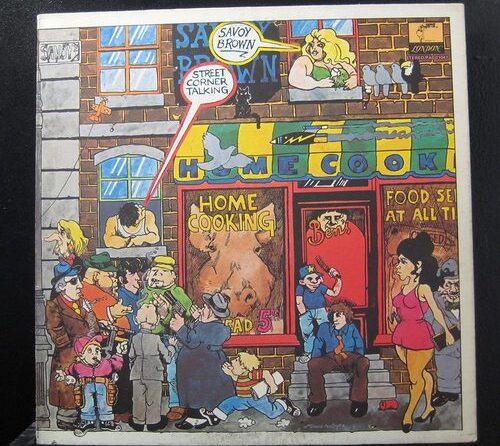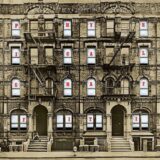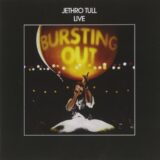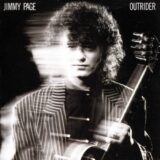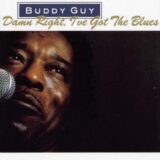5 Stars for Roundabout
1 Star for the rest

There are a lot of positives to this record, Yes’s fourth album, “Fragile” (1971). After all, it went double Platinum on the American Billboard and included Yes’s greatest-ever track ‘Roundabout.’ Also in truncated version, it was released as a single and made the top twenty. But it is still a very flawed album.
After releasing their third long player, the “Yes Album,” some six months earlier, they followed this up with a world tour, helping them to crack the American market. But upon arriving home and starting the recording process of the next album, the services of original keyboard player Tony Kaye were dispensed with, citing his reluctance to expand the keyboard sound with further instruments such as Moog Synthesizers and the Mellotron. Rick Wakeman was quickly stolen away from The Strawbs and given as many keyboards as he wanted.

Steve Howe, and Chris Squire.
Back in the studio, at first, things went wonderfully well. One of the first ideas worked on was what turned into the classic Yes piece of music, ‘Roundabout.’ The song contains everything you ever want from a band of Yes’s stature in eight sweet minutes. Epic Progressive Rock that, as the lyrics say, makes you sing and dance.
Starting off with some instantly recognizable picked notes from the guitar before the rest of the band comes rushing in, note-perfect, as your attention is well and truly held.
Chris Squire shows why he was largely regarded as the leading bass guitarist of his genre, driving the song along with a solid tempo and dominant riffs. For once, Jon Anderson’s lyrics do not go off into Wonderland but sing of the joys of being alive. Bill Buford was already regarded as a great drummer; here, he holds the beat leaving plenty of space for the others to excel.
For More Classic Rock, Click Here
The work of Howe and Wakeman can only be marveled at as they switch from nurturing the notes out to rampaging fury as they are both given a chance to solo to their heart’s content. The song is now part of Yes folklore and, in the live setting, has to be played every night to satisfy the audience.
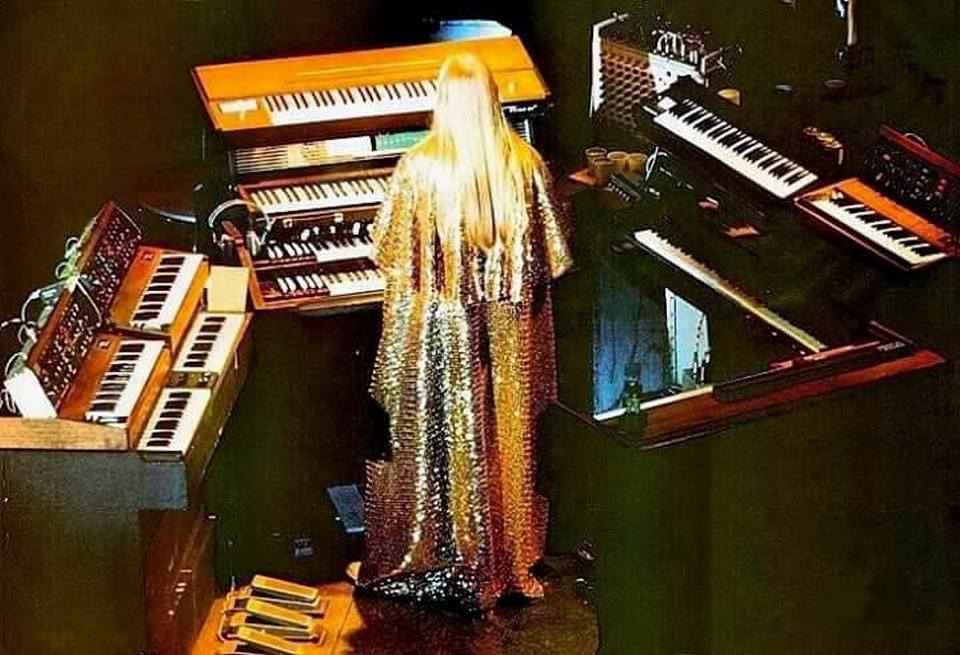
Sadly, after this, the music slips into pretentious rubbish. As a band, they obviously only had one song ready to record. Why they were not allowed to wait for more inspiration is beyond this scribe.
There are three more so-called band songs on this collection consisting of two clunky Yes-by-numbers knockabout tunes. ‘Long Distance Runaround‘ comes a very poor second in songs to listen to on this album; the eleven minutes of ‘Heart of the Sunrise’ is no more than a pastiche of former riffs and themes from the previous three albums and even collecting together a few ideas which would later show up on Yes’s next album “Close To The Edge.” All thrown around a rather weak riff and lyrics that come back like a recapitulation dream. Not unpleasant to listen to, but hardly original.
The album reaches its nadir with five hastily recorded solo snippets from each band member. This was done to cut costs and because haste was of the essence. Not exactly artistic reasons.
Rick Wakeman was still under contract for his solo recordings with A&M records, so he could not write anything for himself to perform, so instead knocked off his version of the third movement of ‘Symphony No 4 by Johannes Brahms,’ which Wakeman himself a couple of months after its release described as dreadful.
For more insights into Prog Rock, click here
Jon Anderson’s solo contribution is like listening to scales. Steve Howe’s contribution’ Mood For a Day’ can be best described as nice but hardly worthy of a rock record, especially as he had preceded this on the previous album with the somewhat similar ‘Clap.’

What drummer Buford was thinking is anybody’s guess; thankfully, it’s less than forty seconds long. Chris Squire makes a fist of it, but I’m sure with more time, he could have come up with something better.
Whilst it has to be said the musicians are a credit to themselves, you get the feeling that it was an opportunity lost.
The album contained the artwork of Roger Dean for the first time on a Yes album, which is interesting.
Yes were
Jon Anderson – Lead Vocals
Chris Squire – Bass and Vocals
Bill Buford – Drums
Steve Howe- Guitar and Vocals
Rick Wakeman – Multiple Keyboards
Dragged around By Mott the Dog from Fletchers’ Folly on the Dark Side of Pattaya
Remember to visit and subscribe to Mott’s Facebook page: https://www.facebook.com/groups/1003417143122919/



